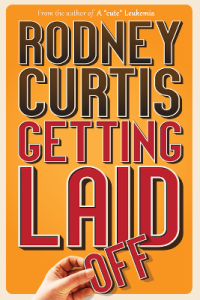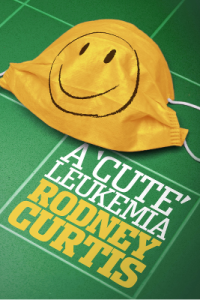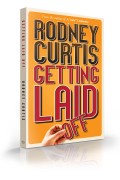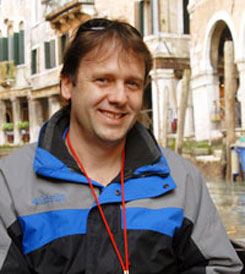The Troubles.
That’s what the conflict in Northern Ireland has been called for generations. We’ve been told that everything is fine now. The violence has ceased and both sides, Irish Catholics and English Protestants, are getting along fine.
Our taxi driver painted a slightly different picture. With visits to mural after mural, we were told that there is trouble just beneath the surface. Homes and businesses in Belfast have large, colorful murals painted on them. They depict the struggle throughout the decades, in many cases from both sides of the story, the English and the Irish.
The walls are full of murals. The walls have sides too, one protects the Unionist Protestants from the Nationalist Catholics, the other, The Nationalist Catholics from the Unionist Protestants. They are a long series of barriers separating the two factions in Belfast. Incongruously, they’re called peace walls. They are generally open during the day and closed at night, walling each faction off from one another.
A large majority of the city’s residents say the peace walls remain up because they remain necessary, even though the Good Friday Agreement, signed in 1998, eased tensions.
Three quarters of the island that makes up Ireland is ruled by the Irish. But the six counties to the north, Ulster or Northern Ireland, are ruled by the British. Half of the population, the Protestants, are fiercely loyal to the crown. The other half are Catholic and align with a united Ireland.
There are signs everywhere, though, that point toward a relaxation of the conflict. First and foremost is commerce. Belfast is booming, and not because of the bombs that used to rip apart neighborhoods. The downtown area, that used to have soldiers on every corner, now have coffee shops and restaurants instead. Tourism is back and international companies are investing heavily and often.
The second sign that things have improved are the youth. The further they get from The Troubles, the more it becomes their parent’s problem, not theirs. Instead of joining paramilitary organizations as teens, Catholic and Protestant kids do what all kids do; hang out, text each other, flirt and get into trouble — but not Trouble.







